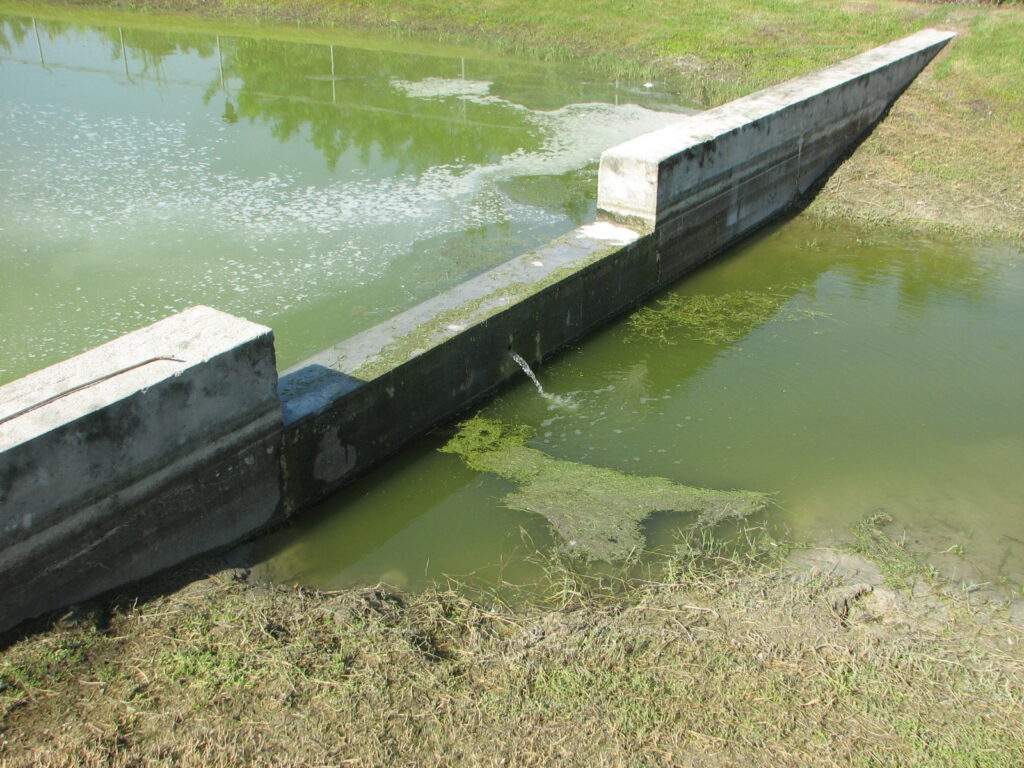NPDES Stormwater Pollution
Topics for Construction Controls of Stormwater Pollution

- Background of Construction NPDES Stormwater
- Types of Pollution
- Types of Construction Controls
- Selection of Construction Controls
- Inspect & Fine Tune
- Conclusion
Background for Construction NPDES Stormwater
This is the third post in a series on Construction NPDES Stormwater Permits and stormwater plans and it deals with different types of construction controls for stormwater pollution & NPDES Stormwater & Construction Pollution. First, we discussed the permits in detail. Second, we discussed the types of pollution which can occur on construction sites. Third, we now turn to discussing the controls.
Types of Pollution
In our last post on construction pollution, we identified the following main types of pollution. First, are particles created by digging, grading, drilling, and dewatering. Second, is existing contamination from past usage and it includes gas, diesel fuel, oil, hazardous wastes, and agricultural materials. Third and finally, is the type of pollution which comes from construction activities on site. It may include gas, oil, diesel fuel, paint, solvents, grease, fertilizer, pesticides, and sewage.
Types of Construction Controls
The types of controls are as different as are construction sites. However, they fall into four groups. Firstly, are barrier controls which block, divert, or filter stormwater runoff. This group includes black silt fence, earthen berms, vegetated screens, sand bags, turbidity curtains, and hay bales. Secondly, are drainage controls. In this group are pipes, swales, ponds, ditches, settling basins, drainage weirs, and sediment traps. Thirdly, are covers. Included are seed, sod, straw, mulch, pavement, geo-textiles, sidewalks, and curbs. Fourthly and finally, are practices and procedures. Included in this group are housekeeping, hazardous material storage and usage, portable toilets, fuel tanks, oil, grease, paint, waste disposal, and solvents.
Selection of Construction Controls
The selection of controls depends on several factors. First, is the size of the site. Second, are the development plans for the site. For example, if there are 500 acres to be clear cut, there will be site-wide erosion and sediment controls compared to disturbance of 1/2-acre of a 5 acre site. Controls in the latter case will be more limited and confined to that portion of the site being developed. Third, is the construction schedule. A very short schedule will minimize the time for controls to be in place. On the other hand, a long schedule will require long-term controls, maintenance, and most likely replacement. Fourth and finally, are miscellaneous factors such as the numbers of workers, subcontractors, and equipment on the site; the nature of soil disturbing activities; waiting time for regulatory inspections; quantities and locations of hazardous materials; and many, many more.
Inspect and Fine Tune
From the start, embrace controls as ongoing and requiring maintenance and possible replacement. Complete weekly and post-rainfall inspections as required by your stormwater plan (https://www.epa.gov/npdes/stormwater-discharges-construction-activities). This plan (SWPPP) is mandated by the U.S. Environmental Protection Agency (EPA) and the Florida Department of Environmental Protection (FDEP).
Conclusion

Serve
In conclusion, address construction controls while designing the project. Then, continue addressing them during all construction and until the site is stabilized. However, continue monitoring the site until it is occupied. Then, if you need any assistance, ESC is here. Further, the firm holds a Florida engineering business license and has a licensed Professional Engineer (P.E.) on staff. In addition, ESC’s staff scientists and engineer hold bachelors and masters degrees and have over seventy (70) years of combined experience in the stormwater, surface water pollution, and environmental permits field. Furthermore, ESC has been providing NPDES stormwater permits services to its clientele for over thirty (30) years. Finally, ESC has the credentials and experience to help you with your stormwater permits related needs. Contact ESC today (https://www.escflorida.com/contact/). ESC strives to reply to all contacts promptly!
